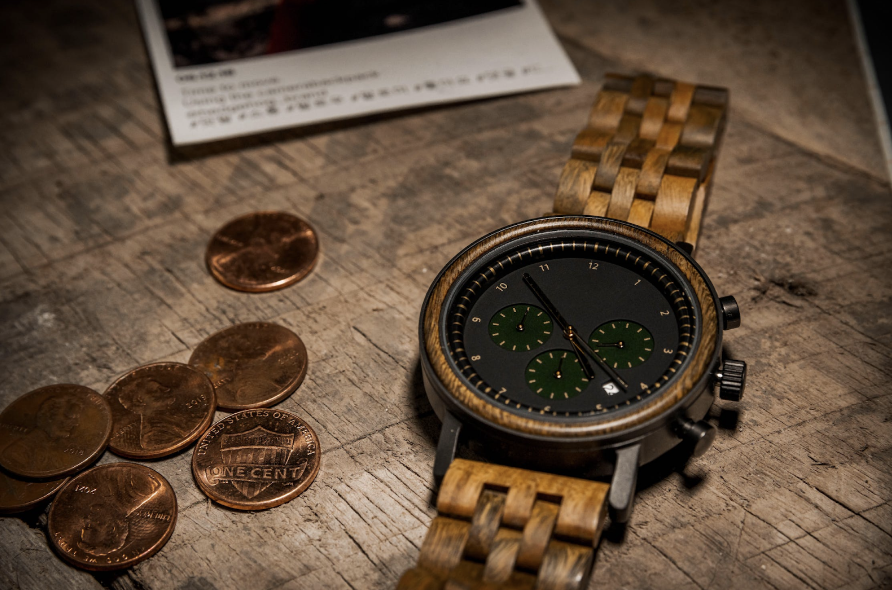
No matter if you’re purchasing a gift for someone you love, or high-quality materials for a business you run, it’s important to make sure what you’re purchasing is authentic. Now, it’s true to say that some people won’t mind purchasing a fake handbag from a street retailer in order to get a similar-looking item for cheap, but that doesn’t mean you can rely on the manufacturing standards, that it’s undergone the correct regulatory compliance, or that doing so is a moral alternative should you not support the principles of a large business.
Purchasing authentic goods is actually quite an important measure to get right, because faulty, counterfeit or ‘knock-off’ goods could lead to health issues, injury, or issues occuring that put you in harm’s way. It’s important to buy quality. It’s why you won’t have the seatbelts in your vehicle replaced at the cheapest cost by someone a friend knows – you’ll go to an official, verified mechanic to have this done.
But you likely know the value of avoiding counterfeit goods. Here’s how to correctly identify them:
Search For The Manufacturer’s Seal Of Approval
Many manufacturers will hold seals of approval or certificates that showcase a product has been correctly manufactured via their facilities. Often, this will also include the regulatory compliance stamp (or several of them) depending on what proven verifications they’ve met. Understanding what those might be in your particular industry can aid you in verifying every supply shipment, or making sure that which you’ve purchased is authentic. Sometimes, there can be some ceremony about this, such as a whisky manufacturer providing a certification of authentication with their limited run blends.
Always Work With Verified Purveyors
It’s not just the products you purchase, but where you purchase them from. You’re probably going to find an authentic Rolex more easily in a verified retailer than you are on the street or via an online trader. Verified purveyors may have officially vetted industry links, allowing them the right to sell. In some cases, they can present this information to you, or will proudly advertise their right to supply this particular product. Remember this can go for any service you use, such as a contractor being licensed to install a proprietary window design.
Understand The Certification Requirements
It might not just be the manufacturer’s seal that matters, but also the generally accepted gradation of how to value certain goods. For instance, the GCAL certification for authenticating and inspecting the quality of diamonds can help you understand if you’re buying from a reputable dealer or company, and also what to look for and verify the standard of the product where necessary. This can be a great way of ensuring the universal standard backs up your purchase, and will also prevent you from being oversold poor quality items. Brands that showcase this criteria up front will have shown the willingness to be transparent, and that’s a good sign.
With this advice, we hope you can avoid purchasing counterfeit goods in favor of reliable, trusted products.



